As digital marketing expands radically reshaping consumer journeys, Tucson lawyers seo practices face intensifying competition as more aggressive personal injury, family law, and bankruptcy firms deploy advanced promotional strategies pursuing community visibility, trust signals and client acquisitions. For lawyers hesitant adopting modern techniques, organic search engine optimization (SEO) now represents the most cost-efficient, credible and visible online channel for sustaining reputations while increasing case volumes from ideal prospective clients.
Yet aside from retaining general digital agencies varying wildly in competencies, few legal marketers possess adequate in-house SEO proficiencies needed to formulate comprehensive campaigns targeting measurable results tied to revenue. Common limitations center on identifying the optimal ranking keywords and pages bringing incremental case opportunities, properly optimizing technically intricate statewide content, and navigating Google’s increased scrutiny on legal site trust factors influencing display placements.
This definitive guide examines SEO fundamentals Tucson attorneys must incorporate into 2024 planning – either internally or outsourced – in order to capitalize on exploding search volumes from prospective clients evaluating options digitally as analog promotion channels fade. Let’s dive into legal SEO keys unlocking sustainable returns without risky shortcuts!
Core SEO Components for Legal Ranking Success While SEO encompasses various strategic layers fine-tuned over months, foundational building blocks Tucson lawyers must nail early include:
Optimized Google My Business & Citation Listings Since local pack displays prominently showcase key practice details and review stars, ensuring complete Law Firm Name, Address and Phone Number accuracy across 30+ directories boosts impressions.
Mobile Responsive, Secure Site Infrastructure With Google prioritizing mobile-first indexing meeting user experience expectations and mandating HTTPS security, optimize site architecture.
Semantic HTML Markups Integrate headers, image alt text, SCHEMA tags and HTML enhancements to improve organic visibility based on relevance.
Quality Link Building Ethically earn niche legal publication backlinks and local chamber/sponsorships to signal relevance.
Measuring Vital SEO Metrics Install tracking like Google Analytics, Search Console and Rank Trackers for visibility into keyword rankings, traffic and conversions.
Proven Law Firm SEO Tactics Driving Tucson Results While technical SEO builds foundations, proven top-tier law firm ranking strategies include:
Personal Injury Keyword Targeting Match site content pages and blogs directly to diverse searches like “Tucson car accident lawyer” or “pedestrian injury attorney near me” capturing wide consumer intent variety.
Geographic Focus Through Cities & Zip Codes Expanding pages, blogs and backlinks referencing specific Tucson metro regions and neighborhood names builds locality relevance.
Detailed Attorney Bio Pages Profile pages highlighting legal specialties, victories and education help rankings for associated lawyer searches.
Comprehensive Law Practice Area Pages In-depth guides, checklists and infographics optimized around related legal questions demonstrate niche practice competencies earning trust while answering searcher questions.
Rank Tracking for Ongoing Optimization Regularly monitor keyword placements with automated rank trackers highlighting opportunities to improve page content, backlink equity and speed around targets.
The Necessity of Maintaining Ongoing SEO Momentum With Google algorithms evolving constantly, SEO optimizations must run perpetually to sustain rankings through fresh content, backlink development and platform migrations keeping pace with changes.
Outsourcing through a managed monthly retainer with an SEO specialist adds necessary expertise/bandwidth aiding reputable Tucson law firms concentrate resources on client casework assured organic visibility progresses in parallel rather than relying on one-time basics.
The web promises limitless opportunity for perceptive lawyers leveraging visibility into legal sophistications securing a trusted competitive edge with aligned optimization efforts. Now is the time to plant seeds for future growths through SEO!

FAQ
1. What is SEO for lawyers?
SEO for lawyers involves optimizing a law firm’s online presence to increase visibility in search engine results. This includes optimizing the law firm’s website, content, and online profiles to rank higher in search engine rankings, ultimately attracting more clients. It involves keyword research, content creation, local SEO, and other strategies tailored to the legal industry.
2. How much does a law firm SEO cost?
The cost of law firm SEO can vary based on factors like the size of the firm, the competitiveness of the legal market, and the scope of SEO services required. Costs can range from a few hundred to several thousand dollars per month. It’s essential to consider the long-term benefits and return on investment when evaluating SEO costs.
3. What is SEO in law?
SEO in law refers to search engine optimization strategies tailored to the legal industry. This includes optimizing website content, utilizing legal keywords, improving local SEO for geographic targeting, managing online reviews, and ensuring a strong online presence to attract potential clients seeking legal services.
4. Why is local SEO important for law firms?
Local SEO is crucial for law firms because potential clients often search for legal services in their local area. Optimizing for local search helps law firms appear in local listings, Google Maps, and local search results. This enhances visibility among local audiences, leading to increased online and foot traffic for the firm.
5. Does a law firm really need SEO services?
Yes, a law firm can benefit significantly from SEO services. With the majority of people searching for legal services online, having a strong online presence is essential. SEO helps law firms rank higher in search results, making it easier for potential clients to find them and increasing the chances of converting online searches into clients.
6. Does SEO work for law firms?
Yes, SEO works for law firms when implemented effectively. A well-executed SEO strategy can increase a law firm’s online visibility, attract targeted traffic, and generate more leads. SEO is a long-term investment that, when done right, can result in sustained organic traffic and improved client acquisition.
7. How much should I pay someone for SEO?
SEO costs vary widely, and there is no one-size-fits-all answer. It depends on factors such as the complexity of the project, the competitiveness of the industry, and the scope of services. It’s recommended to set a budget based on your specific goals and work with an experienced SEO professional or agency to determine a fair cost.
8. Why is SEO so expensive?
SEO can be expensive due to the expertise required, the time-intensive nature of the work, and the ongoing effort needed for effective results. Additionally, the competitiveness of certain industries, including law, can drive up the costs of SEO services.
9. How much should you pay for SEO?
The cost of SEO can vary, but businesses often allocate anywhere from a few hundred to several thousand dollars per month for comprehensive SEO services. The investment should align with the goals and competitiveness of the industry.
10. Is doing local SEO worth it?
Yes, local SEO is worth it, especially for businesses that rely on local clientele. It helps increase visibility among local audiences, improves online rankings, and enhances the chances of attracting nearby customers who are actively searching for products or services.
11. Who needs SEO most?
Virtually any business or individual with an online presence can benefit from SEO. It is particularly crucial for businesses in competitive industries, including law firms, where online visibility can significantly impact client acquisition.
12. Is local SEO still relevant?
Yes, local SEO remains highly relevant, especially with the increasing use of mobile devices for local searches. Local SEO helps businesses appear in local map packs, local search results, and ensures visibility among nearby customers.
13. What are the cons of local SEO?
While local SEO is generally beneficial, challenges can include increased competition for local rankings, changes in search engine algorithms, and the need for ongoing efforts to maintain and improve local visibility.
14. What happens if you don’t do SEO?
Without SEO, a business may struggle to rank in search engine results, resulting in low online visibility. This can lead to missed opportunities, reduced website traffic, and limited exposure to potential clients or customers.
15. How long does local SEO take?
The timeline for local SEO results varies based on factors like website history, competition, and the effectiveness of the SEO strategy. Generally, businesses may start seeing improvements within a few months, but significant results often take six months to a year or more.


